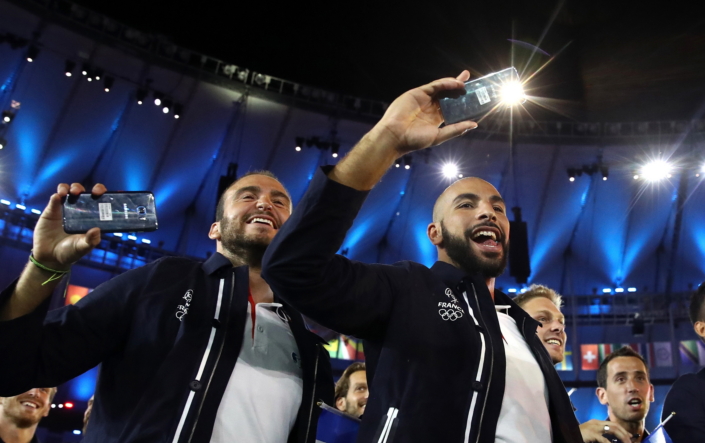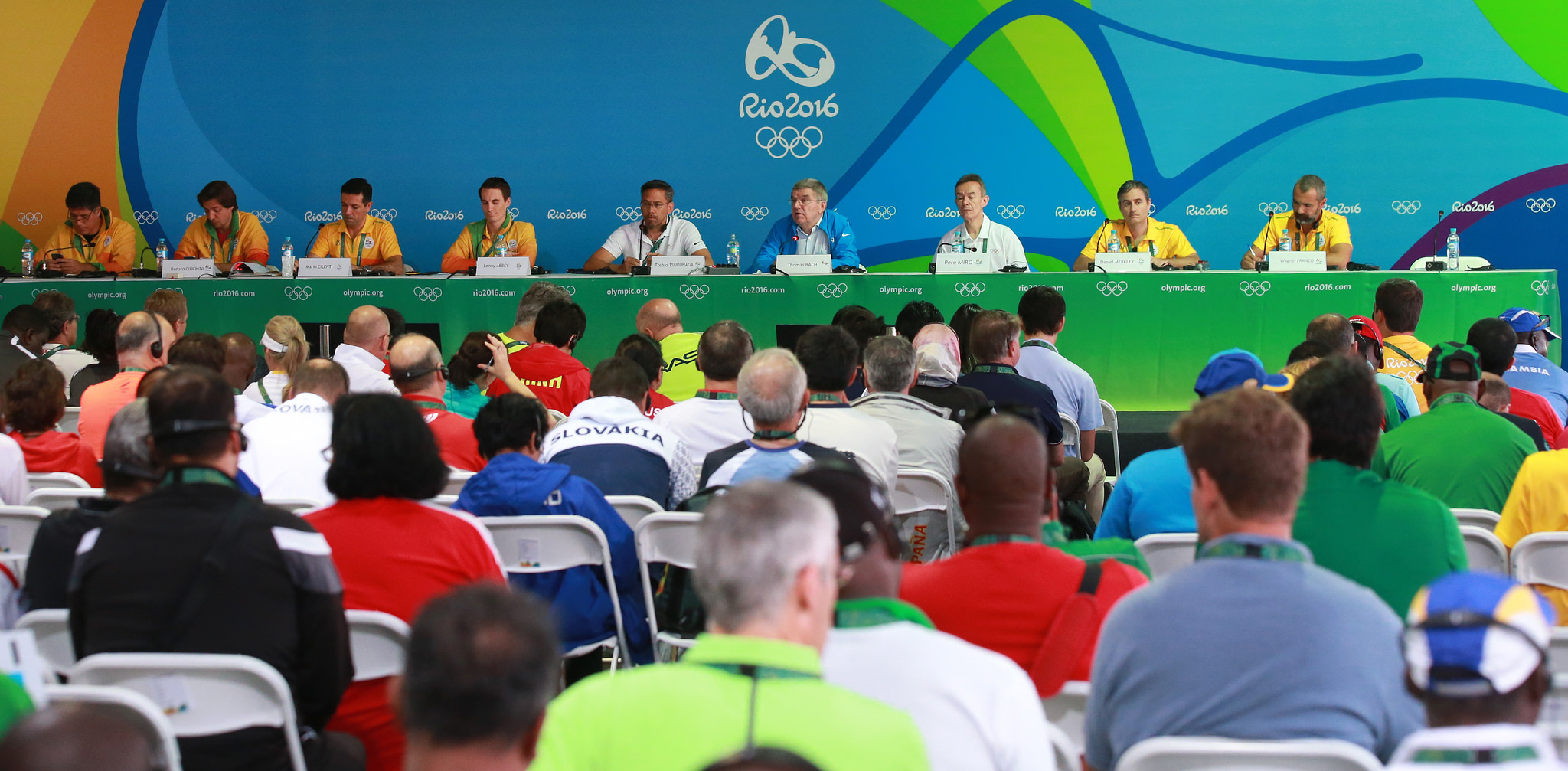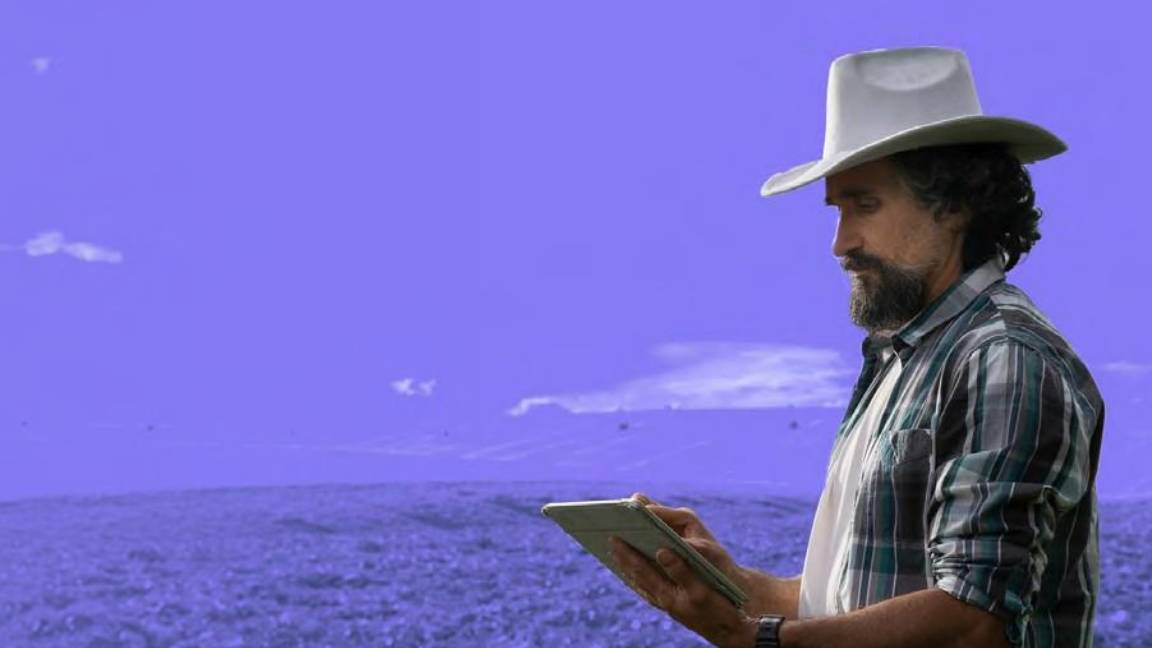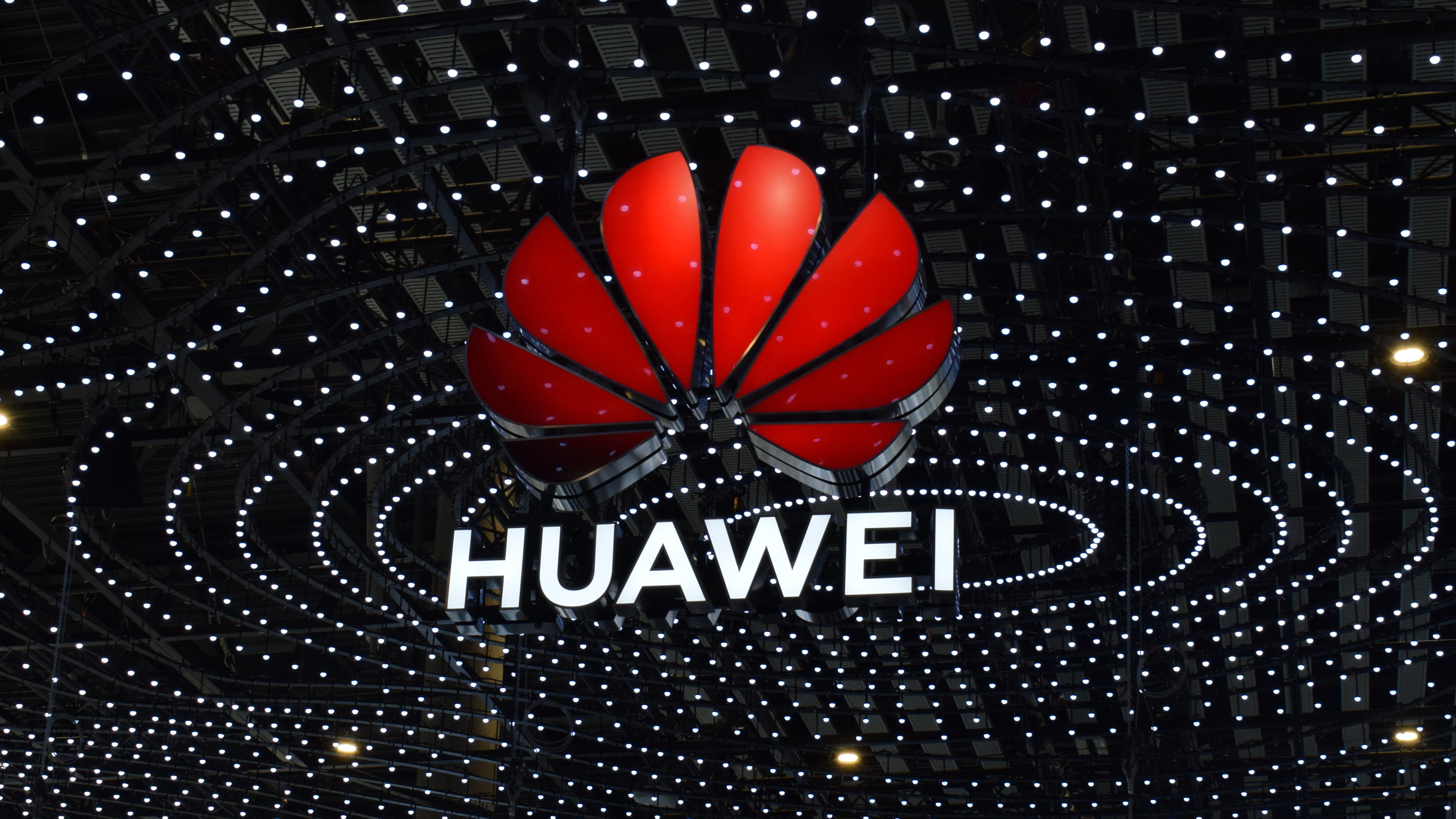Rio 2016: A tech guide to the Olympics
We look at the tech powering the games and helping those in Rio and further afield watch all the action

New viewing experiences
Virtual reality is one of the latest tech trends to dominate the world, and it's making headlines at the Olympics in Rio. With VR being increasingly entering the mainstream, the event's organisers wanted to capitalise on the potential for spectators right around the world.
For the first time, the Olympics Broadcasting Services - which is responsible for getting the games in front of millions of watchers around the world - is broadcasting high-definition imagery of the opening and closing ceremonies. This also includes one event a day.

Leading up to the event, Korean tech giant Samsung released a 360-degree VR film called Vanuatu Dreams. Experienced using the firm's VR glasses, the video lasts for three minutes and follows the journey of two volleyball players from the island of Vanuatu, located in the Pacific, competing to qualify for the Olympic Games.
Samsung has also opened a "Galaxy Studio" in Rio to help fans embrace the games with VR and mobile technology. Irish gymnast Kieran Behan paid it a visit recently. Talking about his experience, he said: "The technology here in the Samsung Galaxy Studio is absolutely amazing.The VR is super cool I really felt like I was kayaking. And I'm really excited about my Galaxy S7 edge Olympic Games Limited Edition. It truly is a collector's item."
Delighting viewers
Watching the games couldn't be easier. With coverage running around the clock on all the main TV channels and stations, you can also watch the games through online streaming. The BBC will be showing 3,000 hours of coverage spanning the 17 days. If you head to the BBC Sport website, you can access live blogs and live streams of the key games.
Cisco has provided a range of network and server equipment to support the broadcasting of the games. The infrastructure, which is currently being used at 26 venues, includes IP routers, mobile broadband and data management systems.
Get the ITPro daily newsletter
Sign up today and you will receive a free copy of our Future Focus 2025 report - the leading guidance on AI, cybersecurity and other IT challenges as per 700+ senior executives
"With a pervasive and highly secure IP network, they can better scale video transport in the production environment to deliver all types of content, including more HD to the tens of millions of people watching on different types of devices," said Dave Ward, CTO of engineering at Cisco.

Image credit: IOC (https://www.flickr.com/photos/iocmedia/28836105471/)
There are other ways to get the most out of the Olympics, too. Mobile, just like streaming and VR, has an important role to play for those wanting a piece of the action. The Rio 2016 app, for example, offers users up-to-date information on the games, schedules, results, medals, athletes, teams, venues and maps. It's designed for everyone interested in the event, not just those who are actually there in Rio.
For fans following the games globally, the app is updated constantly with results and real-time medal tables. It also plays home to coverage and photos from the competitions and events taking place across the city.
Turn to the next page to see how the tech behind the games has evolved over the years
Nicholas Fearn is a freelance technology journalist and copywriter from the Welsh valleys. His work has appeared in publications such as the FT, the Independent, the Daily Telegraph, the Next Web, T3, Android Central, Computer Weekly, and many others. He also happens to be a diehard Mariah Carey fan. You can follow Nicholas on Twitter.
-
 Predicts 2024: Sustainability reshapes IT sourcing and procurement
Predicts 2024: Sustainability reshapes IT sourcing and procurementwhitepaper Take the following actions to realize environmental sustainability
-
 Advance sustainability and energy efficiency in the era of GenAI
Advance sustainability and energy efficiency in the era of GenAIwhitepaper Take a future-ready approach with Dell Technologies and Intel
-
 2024 State of procurement report
2024 State of procurement reportWhitepaper The trends shaping the future of business buying
-
 Digital optimisation paves the way to strategic supplier management
Digital optimisation paves the way to strategic supplier managementWhitepaper Procurement’s role as a strategic driver
-
 Bringing order to the file management chaos plaguing AEC firms
Bringing order to the file management chaos plaguing AEC firmswhitepaper How a cloud-based solution, supported by edge technology, helps architecture, engineering, and construction firms boost performance and cut costs
-
 File data services to support modern manufacturing
File data services to support modern manufacturingwhitepaper Smart file data services deliver resilience and intelligence to the modern manufacturing organization
-
 Innovation in product development
Innovation in product developmentwhitepaper The latest data on how successful product development teams collaborate to build the future
-
 The small and medium business guide to buying
The small and medium business guide to buyingWhitepaper Optimising purchasing to save in 2024

